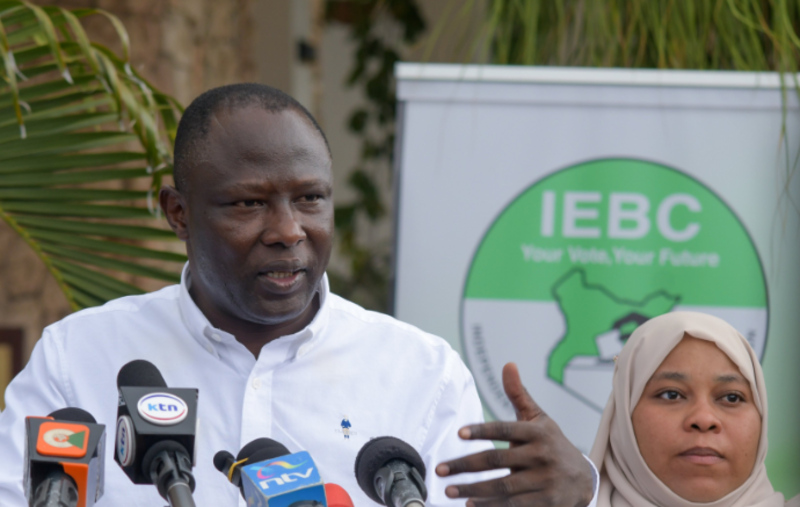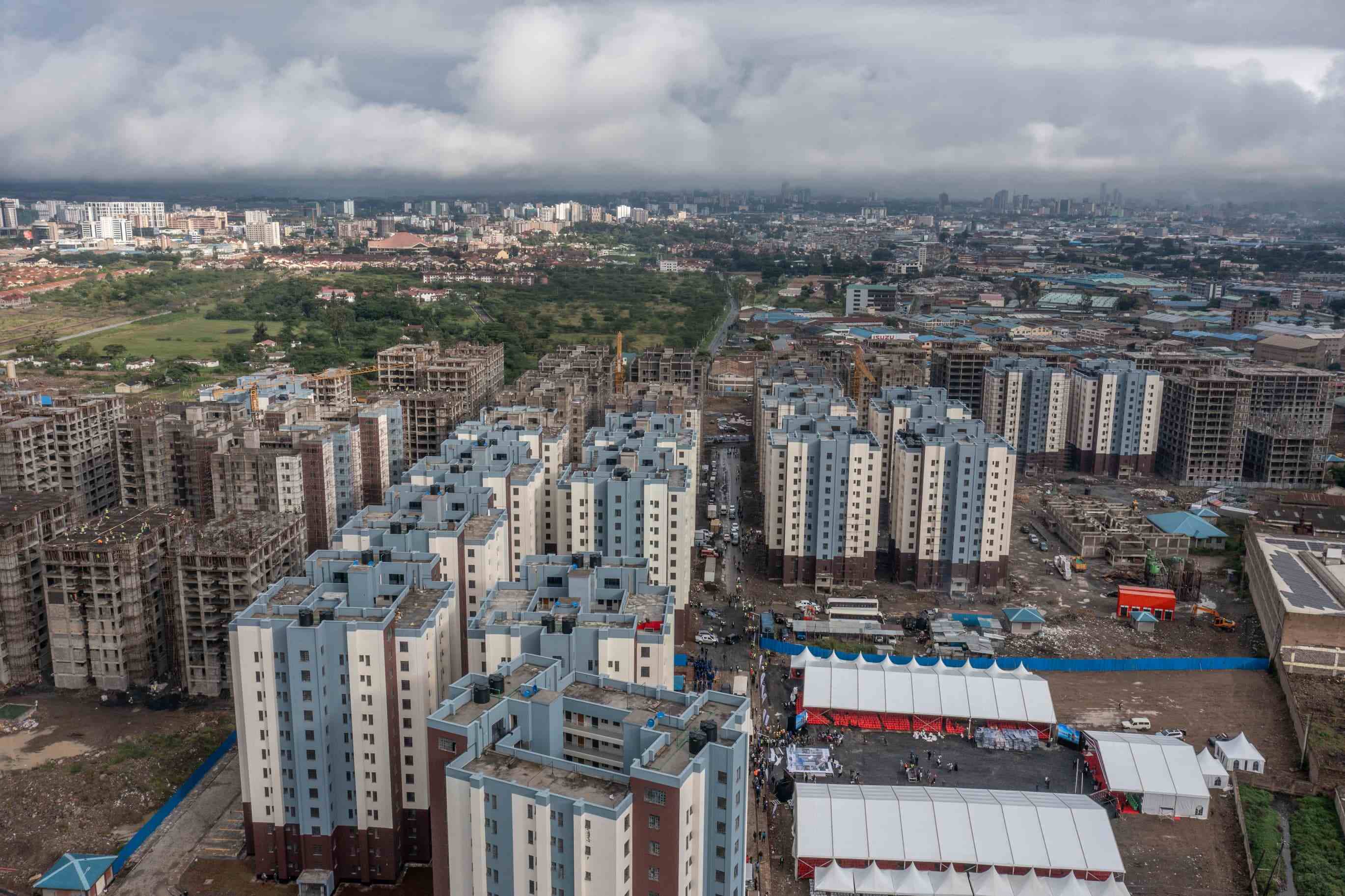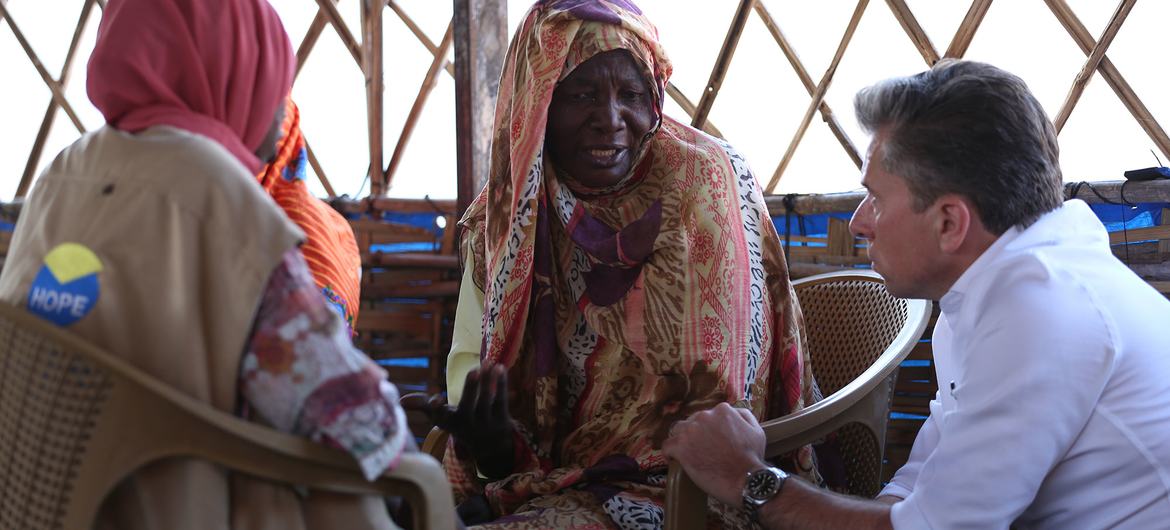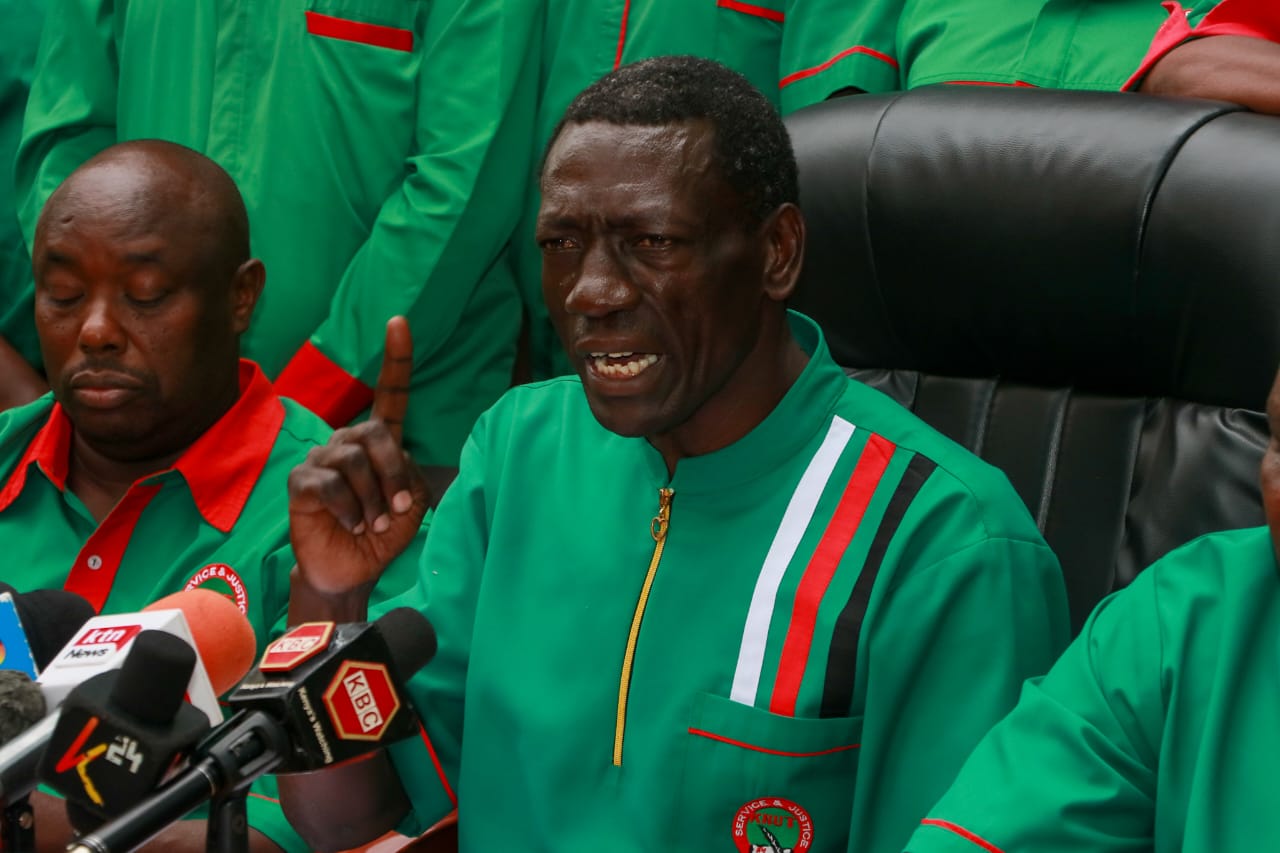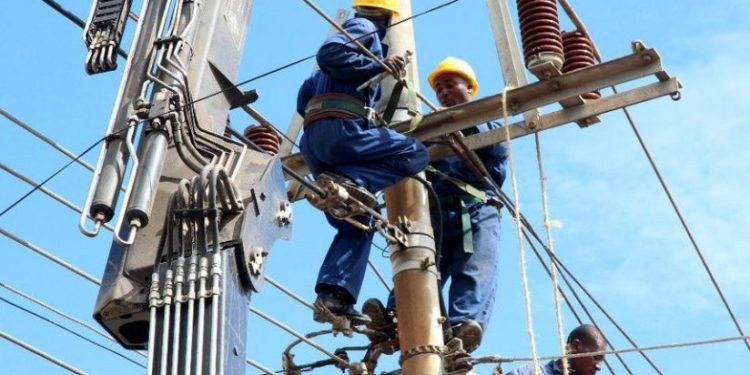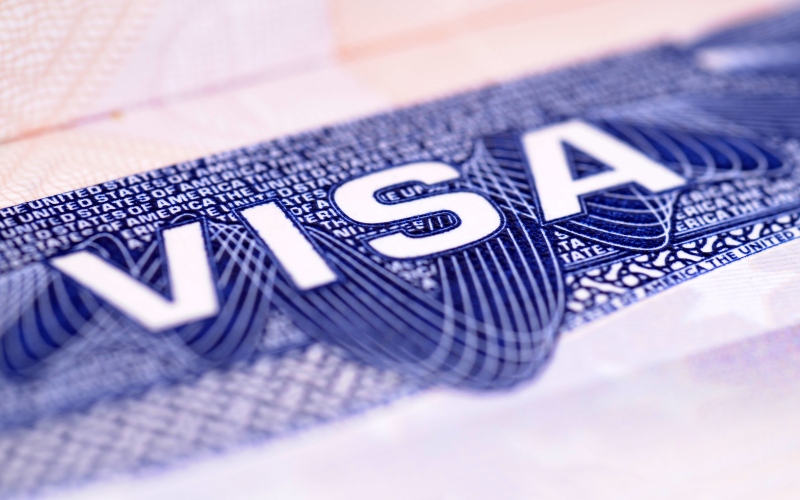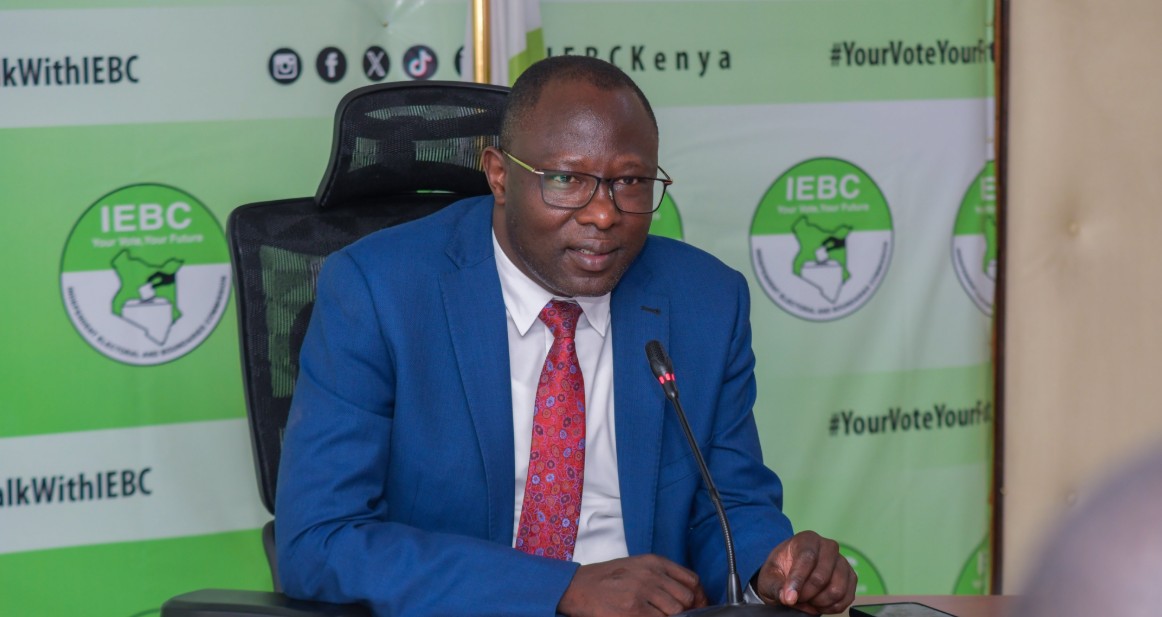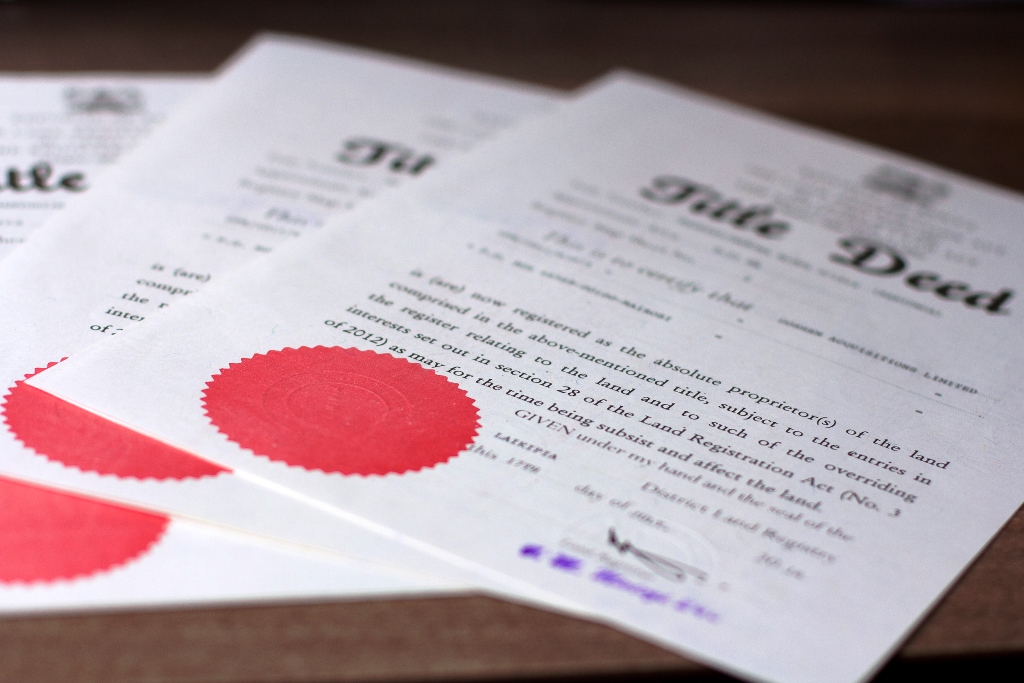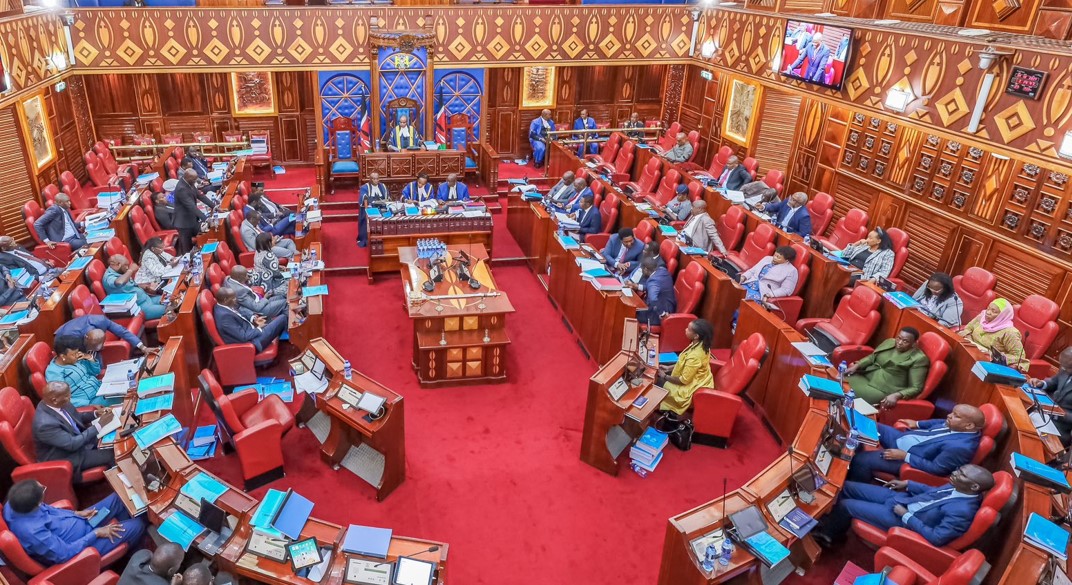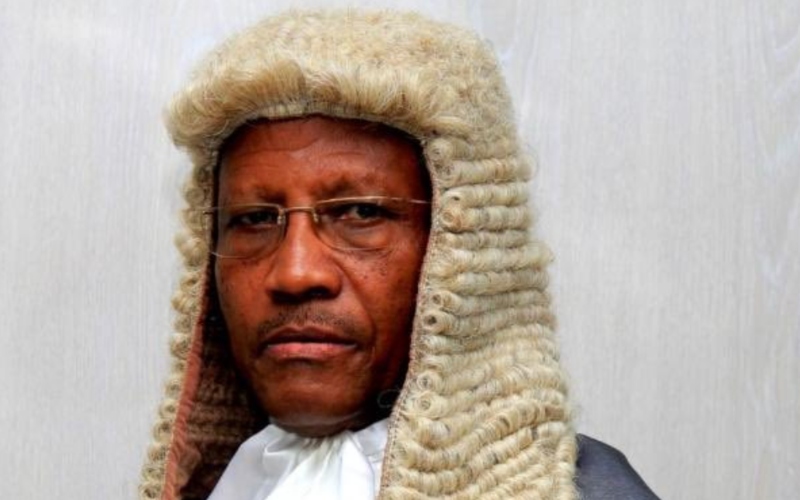Kenya Power cuts power sourcing from private producers amid concerns of malicious deals

Siror noted that the rest of the purchases were made from KenGen and the Rural Electrification and Renewable Energy Corporation (REREC).
Kenya Power and Lighting Company (KPLC) has slashed energy sourcing from Independent Power Producers by four per cent in the past year. This is amid concerns that some agreements between Kenya Power and the private producers are hurting consumers.
Appearing before the National Assembly Committee on Implementation on Tuesday, Kenya Power managing director Joseph Siror said the power purchased from Independent Power Producers (IPPs) reduced to 32 per cent during the 2023-2024 Financial Year. This is from the 36 per cent of the total purchases in the previous 2022/23 Financial Year.
More To Read
- Kenya Power awards Sh3.5 billion in tenders to youth, women and PWDs
- Auditor General flags Sh1.37 billion overdue payments at KenGen amid rising debts
- Kenya Power fast‑tracks talks with 54 producers after Parliament lifts freeze on PPAs
- Senate flags 24 State agencies still performing county functions
- MPs raise alarm over Kenya Power’s Sh4.4 billion loss, operational inefficiencies
- MPs grill KenGen boss over hiring breaches, Sh5.3 billion asset transfer
Siror noted that the rest of the purchases were made from KenGen and the Rural Electrification and Renewable Energy Corporation (REREC).
In the 2023-24 period, the utility firm had acquired 68 per cent of total dispatched energy from KenGen and Rerec, up from 64 per cent in the previous year.
In a further bid to cushion the consumers from costly power charges, a joint Power Purchase Agreement (PPA) negotiations committee was formed by the Ministry of Energy and Petroleum in February to supervise the renegotiation of PPAs).
The Committee's main mandate was to renegotiate projects having signed but PPAs that had not yet started construction, as well as those where construction was finished but the PPAs had expired.
The Committee also sought to ensure the Ministry of Energy and Petroleum and KPLC do not enter into new contracts with any IPPs until the House makes a resolution.
In his submission, Siror said KPLC has not entered into any new PPAs since the time parliament issued a moratorium on the signing of PPAs. He also highlighted the progress of the renegotiations that have been implemented in the review period.
Siror said eight PPA renegotiations have already been completed, awaiting approval from the regulator, the Energy and Petroleum Regulatory Authority (EPRA), and the National Treasury. The agreements represent a total firm capacity of 28.88 MW.
"Two PPAs- Marco Borero and DWA- have already received Epra approvals and instruments and are awaiting National Treasury approval," he said.
Nevertheless, he noted that three PPAs, KTDA Metumi, KTDA Chania and KTDA Nyakwana, have initiated renegotiated PPAs and have been forwarded to the regulator for approval.
Siror further explained that two energy exchange agreements with Uganda Electricity Transmission Co Ltd (UETCL) and Tanzania Electric Supply Co Ltd (TANESCO), have been concluded and forwarded to Epra and the Attorney General for approval.
Two more PPAs involving KenGen Small Hydros and Orpower 22 Itd have also been concluded and KPLC Board approval obtained.
Siror told the committee, that the aforementioned PPAs will be forwarded to Epra after parties finalise initialing.
Additionally, seven more PPA renegotiations with a total capacity of 66.9 MW are complete, pending completion of drafting by the parties. They include Kleen Energy Limited, PTSL Gikira Ltd, Iberafrica Power (EA) Ltd, KTDA Lower Nyamindi, KTDA South Mara, KTDA Settet (Kipsanoi) and KTDA Iraru.
The Senate Committee on Energy Chaired by Nyeri Senator Wahome Wamatinga last year in a consultative meeting with energy sector stakeholders, was challenged by a section of lawmakers to look at the cost of IPP contracts in the country and review them to reduce the cost of energy
Some senators present at the meeting expressed concern as to how KenGen generates about 70 per cent of electricity consumed in the country and only receives 48 per cent of the total payments by Kenya Power, while other IPPs generate about 30 per cent and receive 52 per cent of the total payments by the power distributor.
Top Stories Today
